After a transplant you can start doing the things you enjoyed before, including having sex. Sexual activity will not harm your transplanted organ.
Practicing safe sex is important for everyone, but especially for those with a transplant.
What is safe?
If you’re single or starting a new relationship, be aware that recipients can catch infections easily due to a low immune system. Remember to follow safe sexual health practices to reduce the risk of sexually transmitted diseases.
Condoms, diaphragms and spermicidal jellies are safe to use, as are some contraceptive pills, but you must clarify the brand with your transplant doctor. Unsafe sex may put you at risk of STIs such as chlamydia, gonorrhoea, syphilis, or hepatitis B, or may result in an unplanned pregnancy.
Consider using latex condoms during sexual activity with long-term monogamous partners during periods of increased immunosuppression. Monogamous relationships/decreasing the number of sexual partners will help reduce the risk from infections.
It’s important to discuss sexual preferences and practices with your doctor to ensure you’re protected.
Beware – kissing people with cold sores could put you at risk of herpes.
Report genital rashes, sores, unusual discharge or yeast infections immediately.
Women on immunosuppressants are more prone to urinary tract infections than men. Emptying your bladder before and after sexual activity helps get rid of bacteria in the urethra and reduce this risk. Infections can develop within the first 24 hours after having sex.
Screening for safety
All recipients are encouraged to have regular Pap smears and anal smears.
Homosexual men must have their HIV screening and STI screening as per national protocols.
STI screens can also be carried out for those who have had unprotected sex and are not aware of the status of their partner.




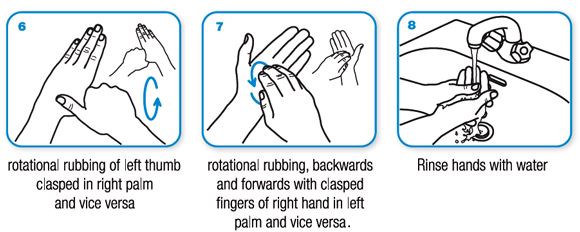
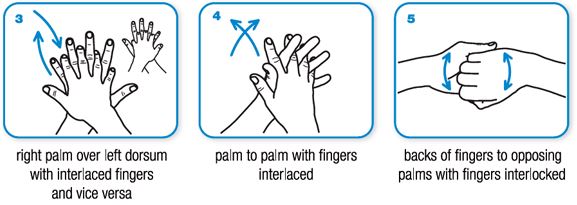

 Ideally, eat only freshly cooked food. However, leftovers can be eaten if they are refrigerated promptly and kept no longer than a day. It’s important not to eat food if there’s any doubt about its hygienic preparation or storage
Ideally, eat only freshly cooked food. However, leftovers can be eaten if they are refrigerated promptly and kept no longer than a day. It’s important not to eat food if there’s any doubt about its hygienic preparation or storage Foods that are steaming hot are safe to eat. While eating out, choose menu items that are cooked to order and served hot. Do not eat food that is served lukewarm. Ready-to-eat foods from salad bars may have been prepared and refrigerated some time before they are put on display. Listeria bacteria may have grown in these foods so they are best avoided. For more on food safety click
Foods that are steaming hot are safe to eat. While eating out, choose menu items that are cooked to order and served hot. Do not eat food that is served lukewarm. Ready-to-eat foods from salad bars may have been prepared and refrigerated some time before they are put on display. Listeria bacteria may have grown in these foods so they are best avoided. For more on food safety click 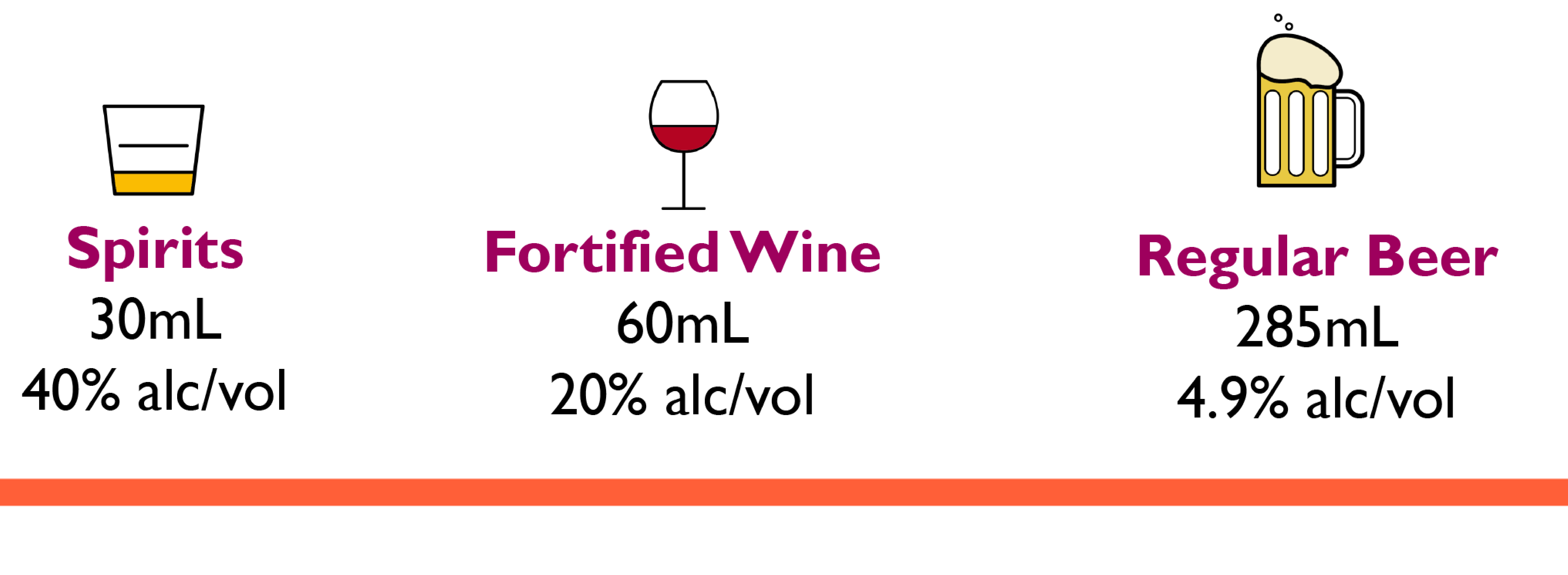
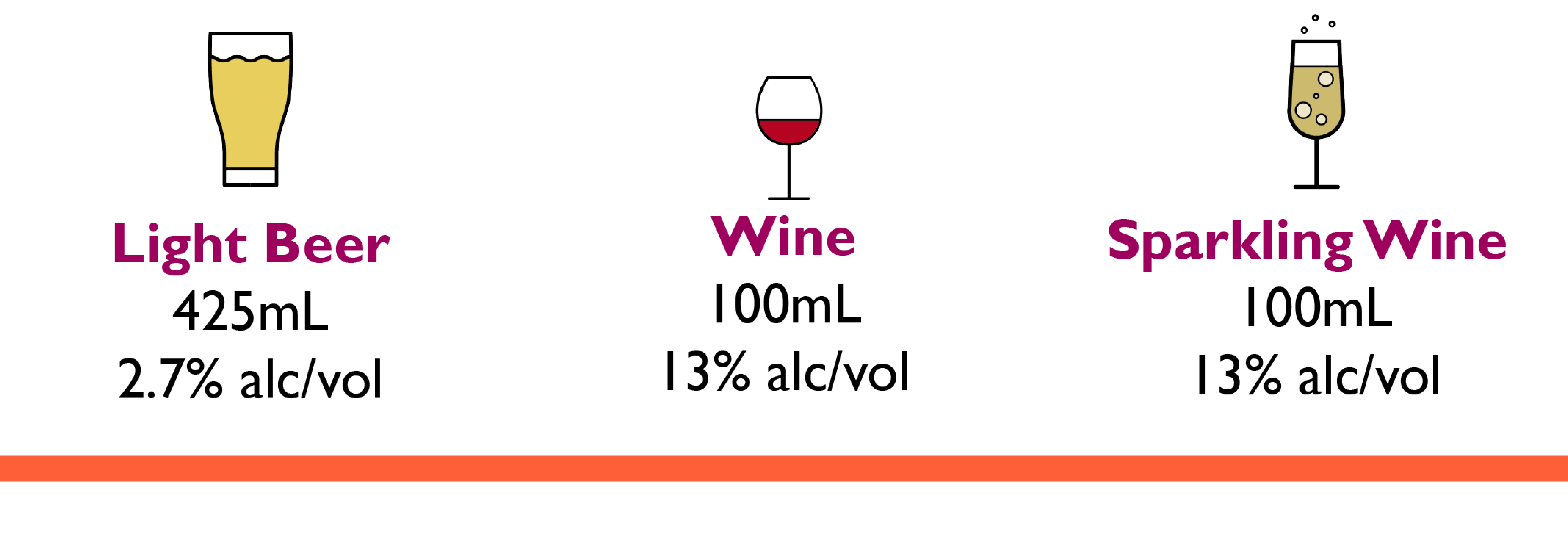
 Kidney, Pancreas, Islet
Kidney, Pancreas, Islet  Heart, Lung
Heart, Lung  Liver
Liver 

 Fertility and libido returns quickly after transplantation and
Fertility and libido returns quickly after transplantation and 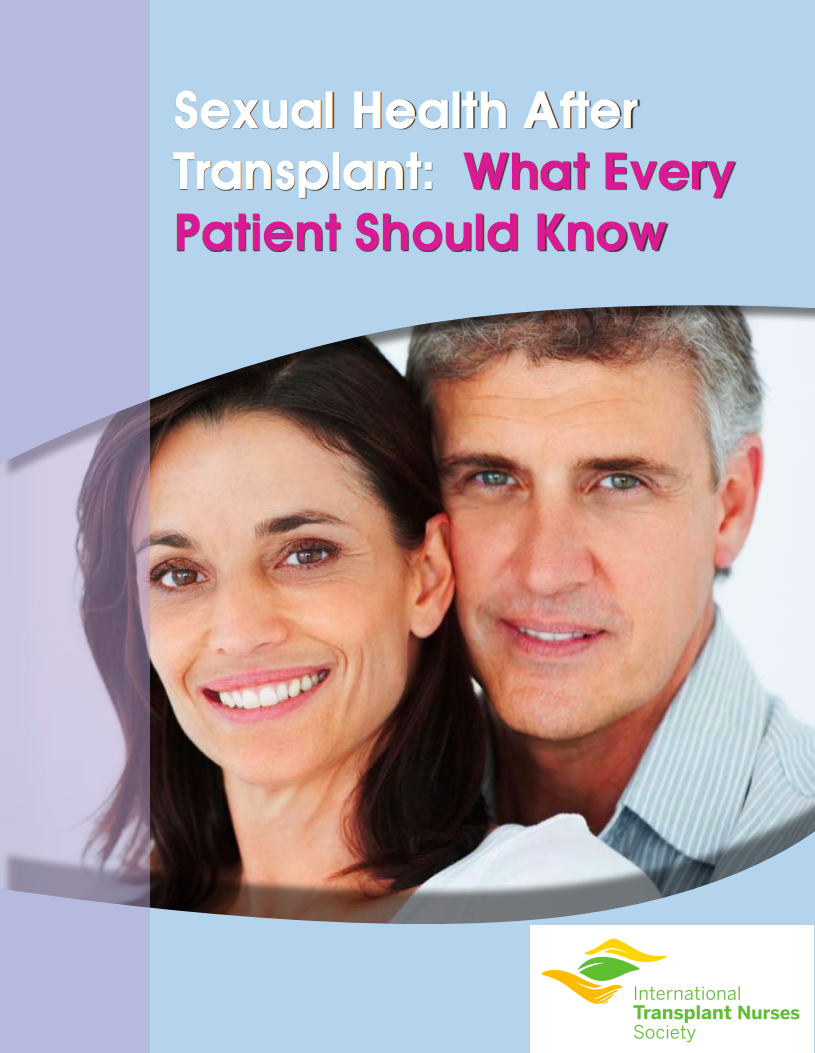
Recent Comments